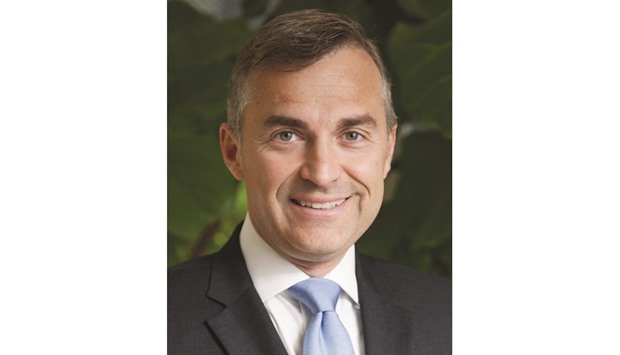Qatar has outperformed the Gulf Cooperation Council (GCC) and the rest of the world in most dimensions of sustainable economic development, according to Boston Consulting Group (BCG).
The Gulf sovereign topped the average scores of both the GCC and the rest of the world, particularly in income, employment, health, infrastructure, income equality, civil society and governance, BCG said, revealing its Sustainable Economic Development Assessment (SEDA) scores of 163 countries.
The fact-based, comprehensive analysis measures the relative well-being of countries — including Qatar — through ten key areas, including economic stability, health, governance, and environment.
SEDA scores countries in two ways: the current level of well-being and recent progress in well-being from 2006 to 2014. It also assesses how countries convert wealth and growth into well-being.
Although Qatar lagged behind other GCC countries in economic stability, education, and environment; BCG found that the country showed the strongest recent progress scores in income and governance — compared to the GCC region and the rest of the world.
The analysis, nevertheless, shows that Qatar is able to translate its economic growth into well-being improvements for its citizens only at an average rate.
“Overall, when looking at Qatar’s current level of well-being as well as its recent progress in that measure, the nation finds itself in the ‘good and improving’ category,” BCG said, adding that from a regional perspective, Qatar’s current-level scores are “mostly above par”.
All in all, when assessing Qatar’s performance against the rest of the world, it is clear that across various dimensions — such as income, employment, infrastructure, governance, education, and income equality — the nation is higher and moving further ahead, according to the report.
Highlighting that among countries with the same income (gross domestic product per capita) level, those with higher levels of financial inclusion are likely to have higher well-being levels; BCG said its study finds that two factors are critical to improving financial inclusion: a regulatory structure that provides safeguards but allows innovation and a solid infrastructure, including communications networks and payment systems.
“With those two elements in place, private-sector innovation in Qatar can flourish,” said Douglas Beal, BCG’s Director of Social Impact and an author of the report.
“We have found a clear and measurable association between financial inclusion — access to basic financial services such as a bank account — and national well-being,” he said.
At present, in the UAE, private sector innovation can play a significant role in improving living standards, but to make meaningful progress in this area, banks must pursue financial inclusion using their core business, and not just pursue typical corporate social responsibility strategies, according to him.

Beal: Private-sector innovation in Qatar can flourish.
